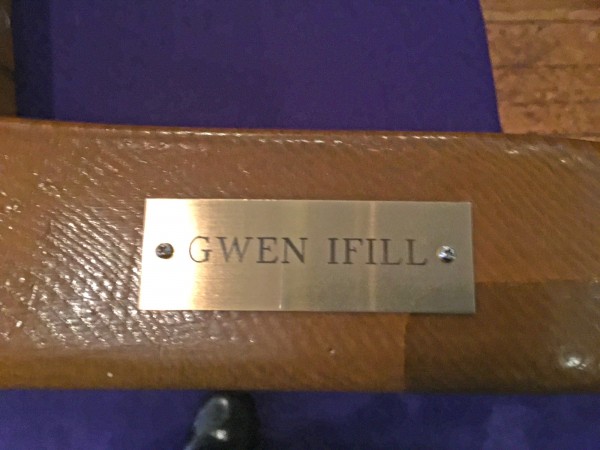The parents sat quietly listening as the third-grade teacher explained in detail the coursework our children would be assigned and how it complied with state and federal regulations. A mother raised her hand and asked what the teacher was doing outside of the government curriculum to reach the children.
The teacher's eyes rolled into the back of her head. It was truly fascinating to see. She dropped her jaw, and this bright and articulate woman began babbling like a mental patient. The fact was that after fulfilling all the government dictates, there was precious little time left for creative teaching.
From the curriculum lessons to how teachers must set up seating in the classroom, bureaucrats and politicians are increasingly directing everything that goes on in the classrooms. In some cities, teachers are even told how they must decorate their bulletin boards. All of this micromanaging is of course driven by the realization that our public school system has been failing.
Education is an industry supporting millions of workers: teachers, office personnel, janitorial workers, food service staff and others. School districts like Los Angeles Unified have budgets in the billions of dollars. Education is big business!
However, unlike other big businesses, the business of education remains accountable not to the consumer — parents and students — but to the bureaucrats and politicians that write the checks and continue to churn out mandates.
One tenet of the business world is when the consumer has no power, business has no incentive to operate efficiently or effectively. High dropout rates, poor reading skills, math and science test scores that hover near the bottom internationally and millions of wasted dollars annually prove the business of education is not exempt. It also suggests it is time to empower the education consumer, which necessarily requires that we rethink our notions of public education.
Such suggestions raise the ire of politicians and special interests. They charge that any change will destroy the public school system and that it would be saved if only we would commit to our young people by spending more money. If spending is the measure of our commitment to education then we are more than committed, we are downright dedicated. We currently spend more money on education than we invest in defense. Alas, more money does not mean more results.
Per-pupil spending is three times higher today than it was 40 years ago, the pupil-to-teacher ratio is 40 percent lower — and yet reading scores have remained unchanged. Resources are certainly a factor in education, however the greater factor in successful education is how effective available resources are spent. Businesses are cost-effective when they have the proper incentive. Funding education from the bottom up as opposed to the top down will provide the education business with such an incentive.
To rethink the public education framework is not to advocate an end to publicly funded schools. It is to ask the question: Does public education simply mean the brick-and-mortar structures that cater to children in a particular zip code? Or should it mean using public dollars to educate children in schools that do the best job, whether those schools are in the basement of a church or the basement of a home? It should also mean empowering the consumer by putting choice not in the hands of government, but in the hands of parents where it properly belongs.
So long as our schools remain accountable only to politicians, children will continue to suffer when ill political winds blow from Washington. A good public education system makes our nation stronger and more productive.
Choice strengthens public education because it requires schools, like other businesses, to please the consumer, which will ultimately loose the chains of bureaucracy that bind talented teachers that really do want to make a difference.
Joseph C. Phillips is an actor/writer based in Los Angeles.






















































































































































































































































































































